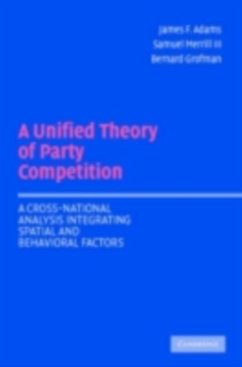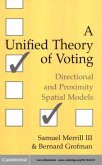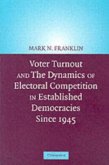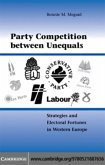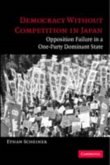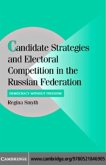This book integrates spatial and behavioral perspectives - in a word, those of the Rochester and Michigan schools - into a unified theory of voter choice and party strategy. The theory encompasses both policy and non-policy factors, effects of turnout, voter discounting of party promises, expectations of coalition governments, and party motivations based on policy as well as office. Optimal (Nash equilibrium) strategies are determined for alternative models for presidential elections in the US and France, and for parliamentary elections in Britain and Norway. These polities cover a wide range of electoral rules, number of major parties, and governmental structures. The analyses suggest that the more competitive parties generally take policy positions that come close to maximizing their electoral support, and that these vote-maximizing positions correlate strongly with the mean policy positions of their supporters.
Dieser Download kann aus rechtlichen Gründen nur mit Rechnungsadresse in A, B, BG, CY, CZ, D, DK, EW, E, FIN, F, GR, HR, H, IRL, I, LT, L, LR, M, NL, PL, P, R, S, SLO, SK ausgeliefert werden.

